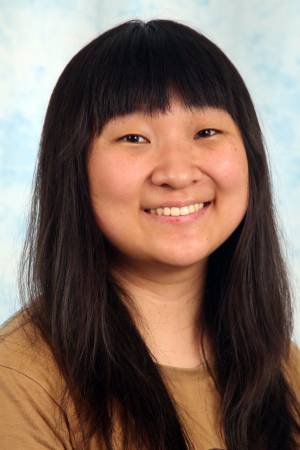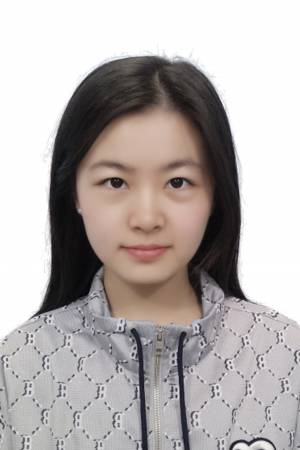MSR Thesis Defense
Learning Distributional Models for Relative Placement
Abstract: Relative placement tasks are an important category of tasks in which one object needs to be placed in a desired pose relative to another object. Previous work has shown success in learning relative placement tasks from just a small number of demonstrations, when using relational reasoning networks with geometric inductive biases. However, such methods fail [...]
Transfer Learning via Temporal Contrastive Learning Inbox
Abstract: This thesis introduces a novel transfer learning framework for deep reinforcement learning. The approach automatically combines goal-conditioned policies with temporal contrastive learning to discover meaningful sub-goals. The approach involves pre-training a goal-conditioned agent, finetuning it on the target domain, and using contrastive learning to construct a planning graph that guides the agent via sub-goals. Experiments [...]
Towards Equitable Representation in Text-to-Image Generation
Abstract: Accurate representation in media is known to improve the well-being of the people who consume it. There is a growing concern about the increasing use of generative AI in media as the generative image models trained on large web-crawled datasets such as LAION are known to produce images with harmful stereotypes and misrepresentations of various groups, [...]
3D Inference from Unposed Sparse View Images
Abstract: We propose UpFusion, a system that can perform novel view synthesis and infer 3D representations for generic objects given a sparse set of reference images without corresponding pose information. Current sparse-view 3D inference methods typically rely on camera poses to geometrically aggregate information from input views, but are not robust in-the-wild when such information [...]
Tightly Coupled LIDAR-Inertial Odometry
Abstract: In the age of self-driving, LIDAR and IMU represent two of the most ubiqui- tous sensors in use. Kalman Filtering and loosely coupled approaches dominate industry techniques, while current research trends towards a more tightly coupled formulation involving a joint optimization of IMU and LIDAR measurements. After two years of experience working with and [...]
In Pursuit of Open-World Mobile Manipulation
Abstract: Deploying robots in open-ended unstructured environments such as homes has been a long-standing research problem. However, robots are often studied only in closed-off lab settings, and prior mobile manipulation work is restricted to pick-move-place, which is arguably just the tip of the iceberg in this area. In this thesis, we introduce the Open-World Mobile [...]
Carnegie Mellon University
Geometric Heuristics Enhance POCUS AI for Pneumothorax
Abstract: The interpretation of Point-of-care ultrasound (POCUS) images poses a challenge due to the scarcity of high-quality labelled data for training AI models in the medical domain. To address this limitation, novel methodologies were developed to train POCUS AI models using limited data, integrating geometric heuristics derived from expert clinicians. Focused on diagnosing pneumothorax, heuristics [...]
Optimal Control and Robot Learning on Agile Safety-Critical Systems
Abstract: We present a pipeline of optimal control methods for learning an optimal control policy and locally accurate dynamics models for agile and safety-critical robots using autonomous racing as an application example. We introduce Spline-Opt, a fast offline/online optimization and planning method that can produce a reasonably good initial optimal trajectory given very little dynamics [...]
Vision Model Diagnosis and Improvement Via Large Pretrained Models
Abstract: As AI becomes increasingly pervasive in real-world applications, the deployment of machine learning models in real-world applications has underscored critical challenges in model robustness, fairness and performance. Despite significant advances, existing models often exhibit biases, fail to generalize across diverse data distributions, and struggle with unexpected input variations, leading to suboptimal or even discrimina- [...]
Indoor Localization and Mapping with 4D mmWave Imaging Radar
Abstract: State estimation is a crucial component for the successful implementation of robotic systems, relying on sensors such as cameras, LiDAR, and IMUs. However, in real-world scenarios, the performance of these sensors is degraded by challenging environments, e.g. adverse weather conditions and low-light scenarios. The emerging 4D imaging radar technology is capable of providing robust perception in adverse conditions. [...]









